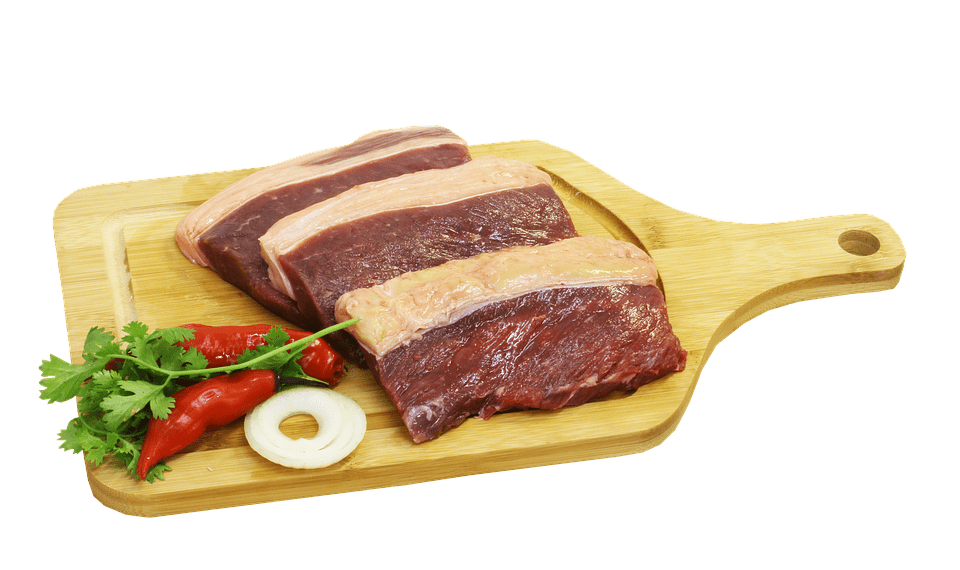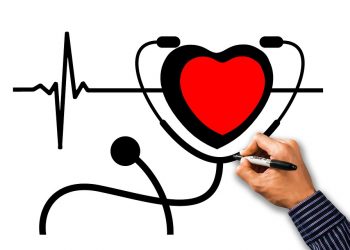Lean protein sources are the unsung heroes of a balanced diet. They fuel your body, support muscle growth, and keep your cravings at bay. Imagine feeling energized, satisfied, and healthy all at once—it’s not just a dream; it can be your reality with the right choices.
Contents
What Are Lean Proteins and Why They Matter
Lean proteins are foods that provide high-quality protein with low levels of saturated fat. Think chicken breast, fish, legumes, and low-fat dairy. Why does it matter? Because incorporating lean protein into your meals can help you maintain a healthy weight, improve muscle mass, and enhance overall well-being. It’s not just about what you eat; it’s about how it makes you feel.
When you choose lean protein sources, you’re making a decision that benefits your body and mind. These foods are nutrient-dense, meaning they pack a punch of vitamins and minerals without the extra calories. Your journey to a healthier you starts here, and I’m excited to share ten fantastic lean protein sources that can transform your meals.
1. Chicken Breast
Chicken breast is a classic for a reason. It’s versatile, easy to cook, and can be the star of countless dishes. Rich in protein and low in fat, a 3-ounce serving provides about 26 grams of protein with only 3 grams of fat.
Cooking Tip: Grill, bake, or sauté it with your favorite herbs and spices for a flavor-packed meal.
2. Turkey
Similar to chicken, turkey is another fantastic source of lean protein. Ground turkey is great for chili, tacos, or meatballs, while turkey breast slices make a delicious sandwich. A 3-ounce serving contains around 25 grams of protein and just 1 gram of fat.
Health Perk: Turkey is rich in tryptophan, which can help improve your mood and sleep.
3. Fish
Fish is not just tasty; it’s a powerhouse of nutrition. Options like salmon, cod, and tilapia are rich in omega-3 fatty acids, which are essential for heart health. A 3-ounce serving can provide anywhere from 20 to 25 grams of protein.
Did You Know? Eating fish twice a week can lower your risk of heart disease.
4. Eggs
Don’t overlook eggs! A large egg packs about 6 grams of protein and is incredibly versatile. Whether you scramble, poach, or hard-boil them, eggs are a nutrient-rich choice.
Tip for Breakfast: Pair your eggs with spinach or avocado for a nutritious morning boost.
5. Greek Yogurt
Switch out your regular yogurt for Greek yogurt to up your protein game. A single cup can have up to 20 grams of protein while being low in fat. Plus, it’s a fantastic base for smoothies or parfaits.
Snack Idea: Top with fresh fruit and a sprinkle of nuts for a satisfying treat.
6. Legumes
Beans, lentils, and chickpeas are not only affordable but are also excellent sources of plant-based protein. They are high in fiber, which keeps you fuller for longer. A cup of cooked lentils provides about 18 grams of protein.
Cooking Tip: Add legumes to salads, soups, or even make a hearty veggie burger.
7. Tofu
Tofu is a fantastic option for vegetarians and vegans. It’s rich in protein, with about 10 grams per half-cup serving. Plus, it absorbs flavors beautifully, making it a versatile ingredient in many dishes.
Try This: Stir-fry tofu with vegetables and your favorite sauce for a quick, nutritious meal.
8. Cottage Cheese
This often-overlooked dairy product is a lean protein powerhouse. A cup of low-fat cottage cheese contains approximately 28 grams of protein. It’s great for breakfast or as a snack.
Healthy Twist: Mix in some fruit or nuts for added flavor and nutrients.
9. Quinoa
If you’re looking for a grain that doubles as a protein source, quinoa is your answer. It’s a complete protein, meaning it contains all nine essential amino acids. One cup of cooked quinoa provides about 8 grams of protein.
Meal Idea: Use quinoa as a base for salads or bowls, topped with veggies and lean protein for a balanced meal.
10. Seitan
For those who are adventurous or follow a plant-based diet, seitan is a great option. Made from gluten, it’s incredibly high in protein—about 25 grams per 3-ounce serving. It has a chewy texture that makes it a great meat substitute.
Cooking Tip: Sauté seitan with vegetables and your favorite sauce for a hearty, fulfilling meal.
How to Incorporate Lean Proteins into Your Diet
Making lean proteins a part of your daily routine doesn’t have to be complicated. Here are some simple tips:
-
Meal Prep: Cook a large batch of lean protein at the start of the week. This can be chicken, turkey, or legumes. Portion them out for easy access during the week.
-
Mix and Match: Combine different sources of lean protein. Try adding chickpeas to your chicken salad or tossing quinoa into your stir-fry.
-
Snack Smart: Choose high-protein snacks like Greek yogurt or cottage cheese to keep your energy levels up throughout the day.
-
Be Creative: Experiment with new recipes. There are countless ways to prepare lean proteins that keep meals exciting and flavorful.
Why Lean Protein is Essential for Your Health
Incorporating lean protein sources is not just about weight management. It’s about nourishing your body for optimal health. Here’s why lean protein matters:
-
Muscle Maintenance: As we age, muscle mass decreases. Lean protein helps maintain muscle, keeping you strong and active.
-
Weight Control: Lean proteins can help you feel full longer, reducing the temptation to snack on unhealthy options.
-
Boost Metabolism: Your body burns more calories digesting protein than it does with fats or carbs, making it an essential part of any weight-loss journey.
-
Improved Mood: Foods rich in protein can enhance your mood and cognitive function, keeping you alert and focused.
-
Heart Health: Lean proteins like fish and legumes are heart-healthy choices that can lower cholesterol levels and reduce heart disease risk.
Bottom Line
Incorporating lean protein sources into your diet is a game-changer for your health. From chicken breast to legumes, each option brings unique benefits that can enhance your well-being. Remember, it’s about balance and making choices that nourish both your body and soul.
Take a moment today to plan your meals and include a variety of these lean protein sources. Your body will thank you, and so will your taste buds.
Frequently Asked Questions
1. How much protein do I need daily?
Most adults need about 46-56 grams of protein per day, depending on age, sex, and activity level.
2. Are plant-based proteins as effective as animal proteins?
Absolutely! Plant-based proteins can provide all the essential amino acids your body needs when consumed in varied combinations.
3. Can I lose weight by eating lean proteins?
Yes! Lean proteins can help control hunger, boost metabolism, and promote muscle preservation, making them beneficial for weight loss.
Embrace the power of lean proteins and take the first step to a healthier you today!
Get Your FREE Natural Health Guide!
Subscribe now and receive our exclusive ebook packed with natural health tips, practical wellness advice, and easy lifestyle changes — delivered straight to your inbox.
















